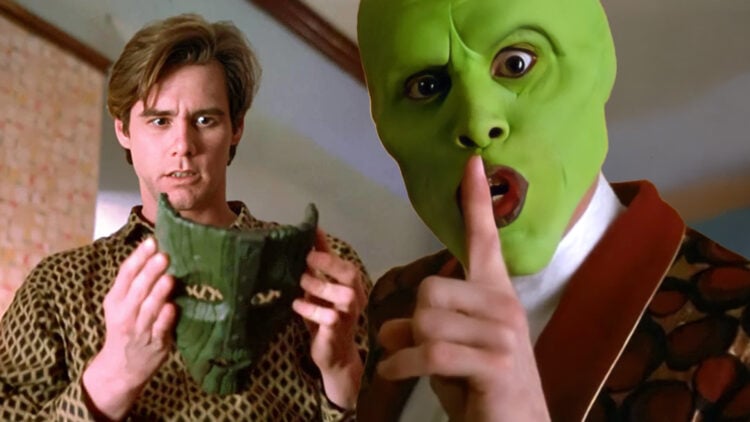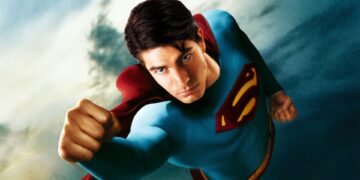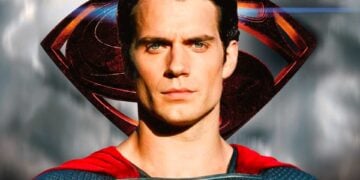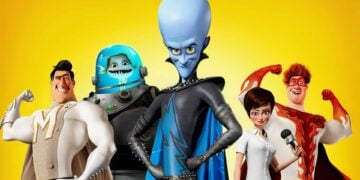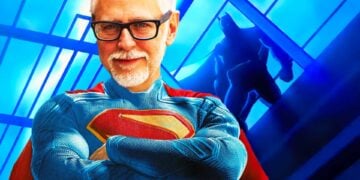Jim Carrey’s The Mask is possibly one of the best superhero comedies ever produced. Sure, Stanley Ipkiss’ green-faced alter ego would hardly qualify as a textbook definition of a “superhero,” but his superhuman feats and “heroic” deeds – not to mention his comic book origins – should be enough for him to join the pantheon of comic book legends brought to life on the big screen.
A Lovable Loser with a Magical Transformation
Keeping in line with the rest of Carrey’s performances in the 90s, The Mask presents him as a lovable loser. However, when Ipkiss comes across a magical mask, the object grants him the ability to turn his cartoon-inspired wishes into reality. It all seems rather standard for a comic book flick, but does The Mask hide some deeper meaning behind its gratuitous cartoon violence? Some fans believe the mask itself might be an allegory for alcoholism. Sounds farfetched? Trust me: it makes more sense the more you read into it.
RELATED: The Mask 2: Is Jim Carrey Returning For A Sequel?
The Mask’s Personality Shift: A Parallel to Alcoholism?
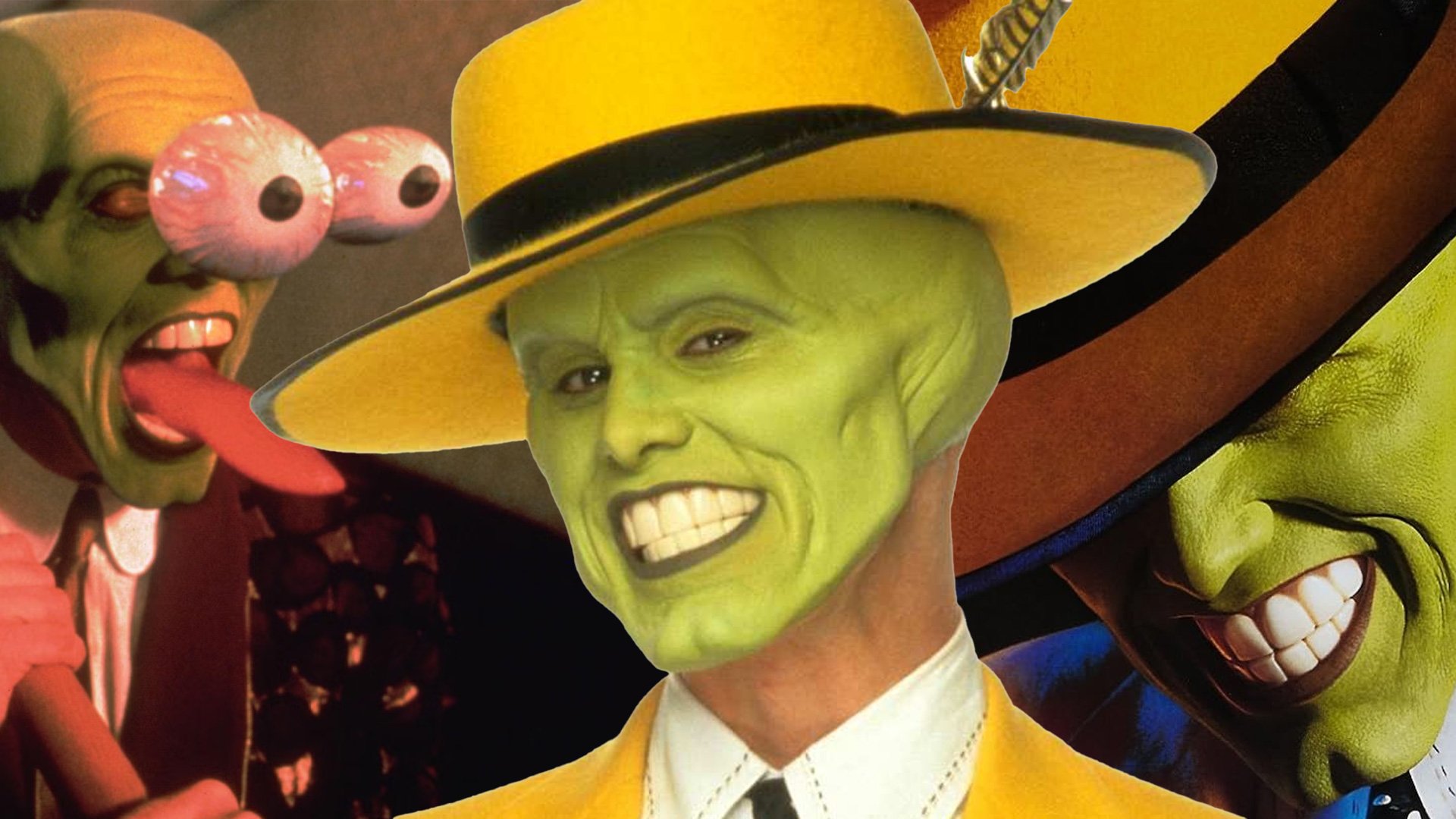
The theory claims that some aspects of the mask’s powers seem to be heavily inspired by depictions of alcoholism, including Stanley Ipkiss’ sudden change in personality. While he’s weak and meek when he’s not wearing the mask, when he dons the disguise, he becomes an idealized version of himself, mostly inspired by the cartoon characters he loves so much.
For some fans, this is similar to the “social lubricant” effects alcohol has over some individuals. The key here is that Ipkiss doesn’t remember most of the acts he commits when he’s using the mask, leading some fans to believe that this is similar to him suffering the effects of a hangover.
Drunk with Power
More importantly, throughout the rest of the film, Ipkiss becomes “addicted” to the mask’s powers. The intoxicating feeling he gets when he uses the mask might be pretty self-explanatory as a power fantasy, but it’s also undeniable that he clearly seems to be “drunk with power” when he’s wearing it.
Why Does It Only Work at Night?
Another piece of solid evidence in favor of this theory is that the mask only works at night. Sure, severe alcoholics don’t care about the time of day when they get drunk, but for a casual consumer like Ipkiss, the night offers him the perfect chance to discover a side of him that goes ignored during the day. For supporters of this theory, it makes sense that Ipkiss would only “drink” at nighttime when he’s away from the prying eyes of his acquaintances.
A Way to Lower Inhibitions
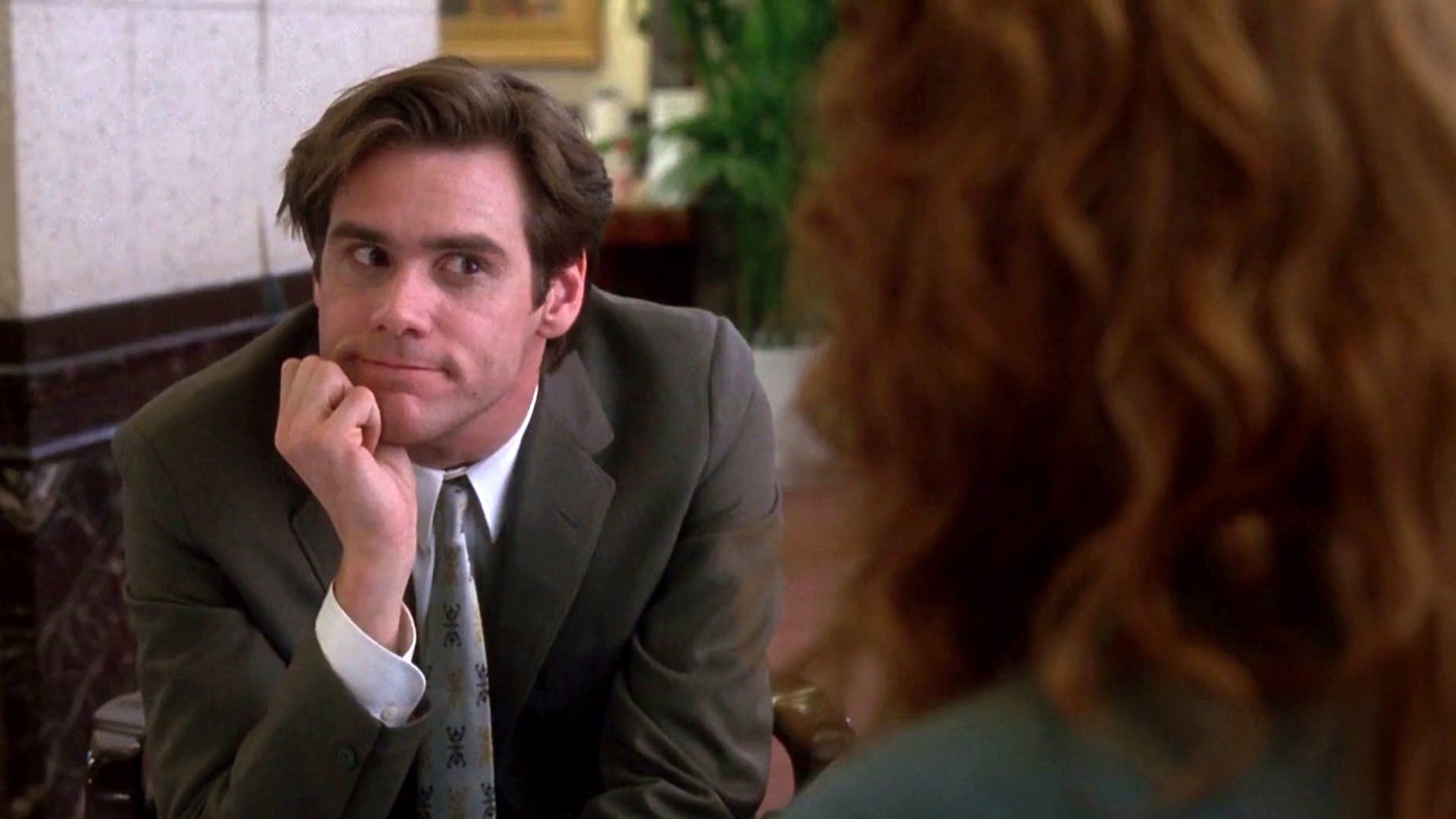
Even the film itself seems to partially support the theory of the mask’s inebriating powers. Ipkiss explains that the mask works as a way to lower the user’s inhibitions, which would also explain why someone like Dorian Tyrell would be so dangerous if he ever possessed the mask. In other words, Ipkiss is a happy drunk, while Dorian would be an angry drunk.
RELATED: Marlon Wayans Wants To Play The Mask – And It’s A Good Idea
A Deeper Meaning Behind the Mythos
Sure, if we follow the movie’s mythos, we might soon realize that the mask has connections to Norse mythology, particularly to Loki. However, it’s fascinating to think that a movie so seemingly straightforward as The Mask could actually be a Darren Aronofsky-style story about a man struggling with alcoholism. Hey, after all, “Somebody stop me!” might be more of a cry for help than a funny one-liner, if it wasn’t Jim Carrey playing the part, that is.
Tell us, do you think The Mask is about alcoholism?

